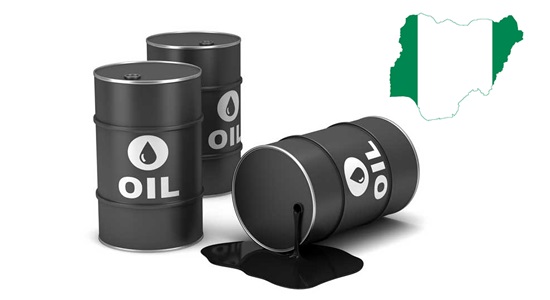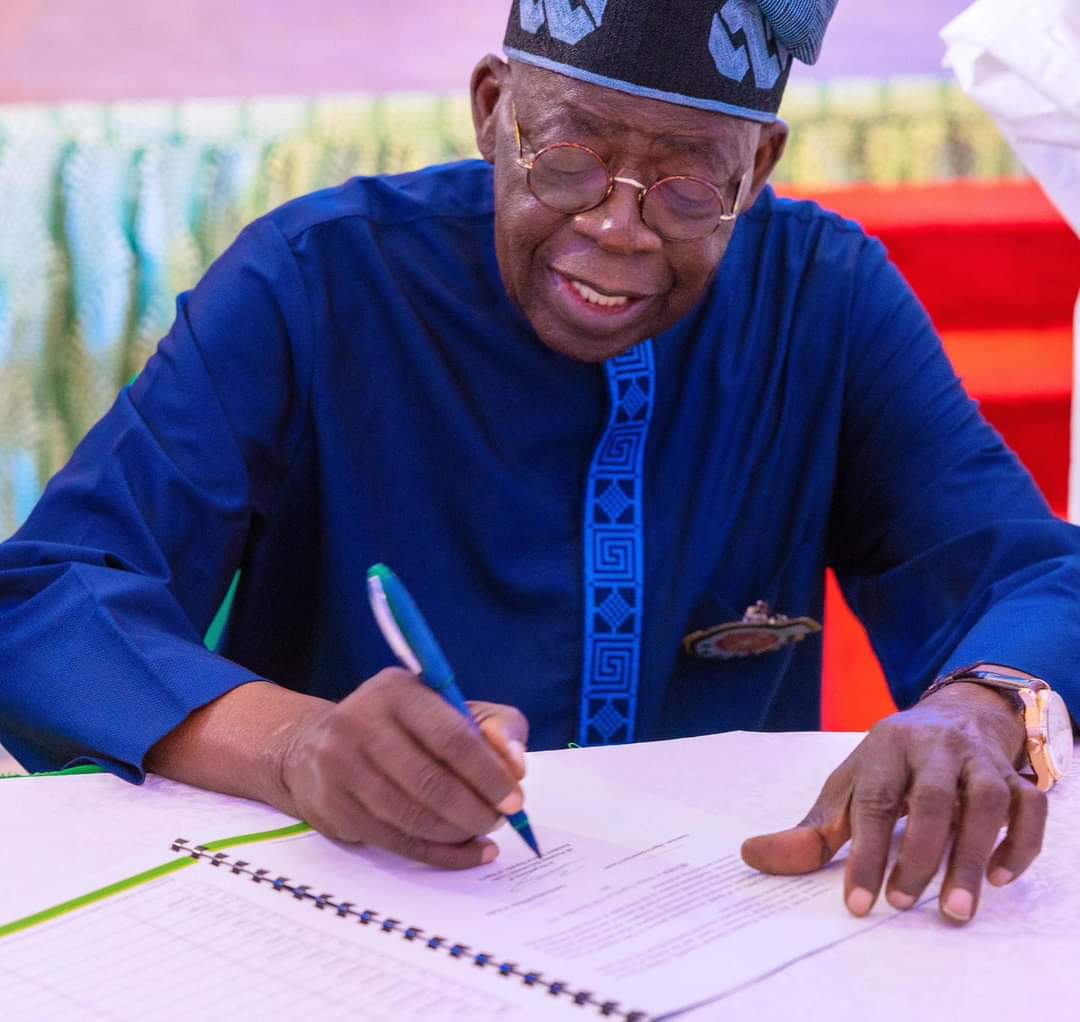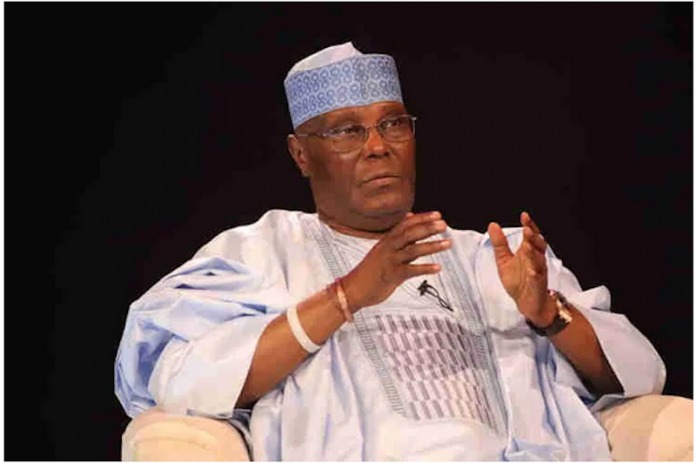Nigerian crude for August loading is proving slow to find buyers amid rising supply, Reuters reported quoting oil trading sources. An increase in production in Nigeria and Libya, where conflict and unrest had curbed output earlier this year, is adding to the volume of light, sweet crude looking for buyers in the Atlantic Basin, despite an OPEC-led supply cut aimed at getting rid of a surplus.
Oil traders say there are at least 40 unsold August-loading Nigerian cargoes looking for buyers, the equivalent of almost half of daily world demand and a higher volume than at similar points in earlier months. “It’s starting to clear but there are still 40 plus left,” said a trader, who said the excess supply for August loading was higher than earlier months as production has increased.
“It’s more because there is a much bigger programme in August. It’s slow on Nigerian.”
Lingering cargoes of crude from Nigeria, Africa’s biggest exporter, have been a feature of the market this year, weighing on prices since Nigeria’s crude is sold in relation to Brent, the global benchmark.
But Nigerian exports are set to exceed 2 million barrels per day (bpd) in August, a 17-month high, and on Tuesday the head of the IEA said further increases by key producers could hamper the rebalancing.
“It is still a buyer’s market,” said Olivier Jakob, analyst at Petromatrix. “This is really the peak demand season and it does not feel particularly strong in the crude oil market.”
To be sure, traders say some Nigerian crude grades for August are selling well, such as distillate-rich crude Forcados, and traders say the number of remaining July-loading cargoes has dwindled to less than 10.
Angolan crude has traded more quickly for August loading than in recent months, supported by increased demand from China, the biggest buyer, traders say.
Foreign receipts from crude oil sale accounts for over 90 per cent of Nigeria revenue.





















